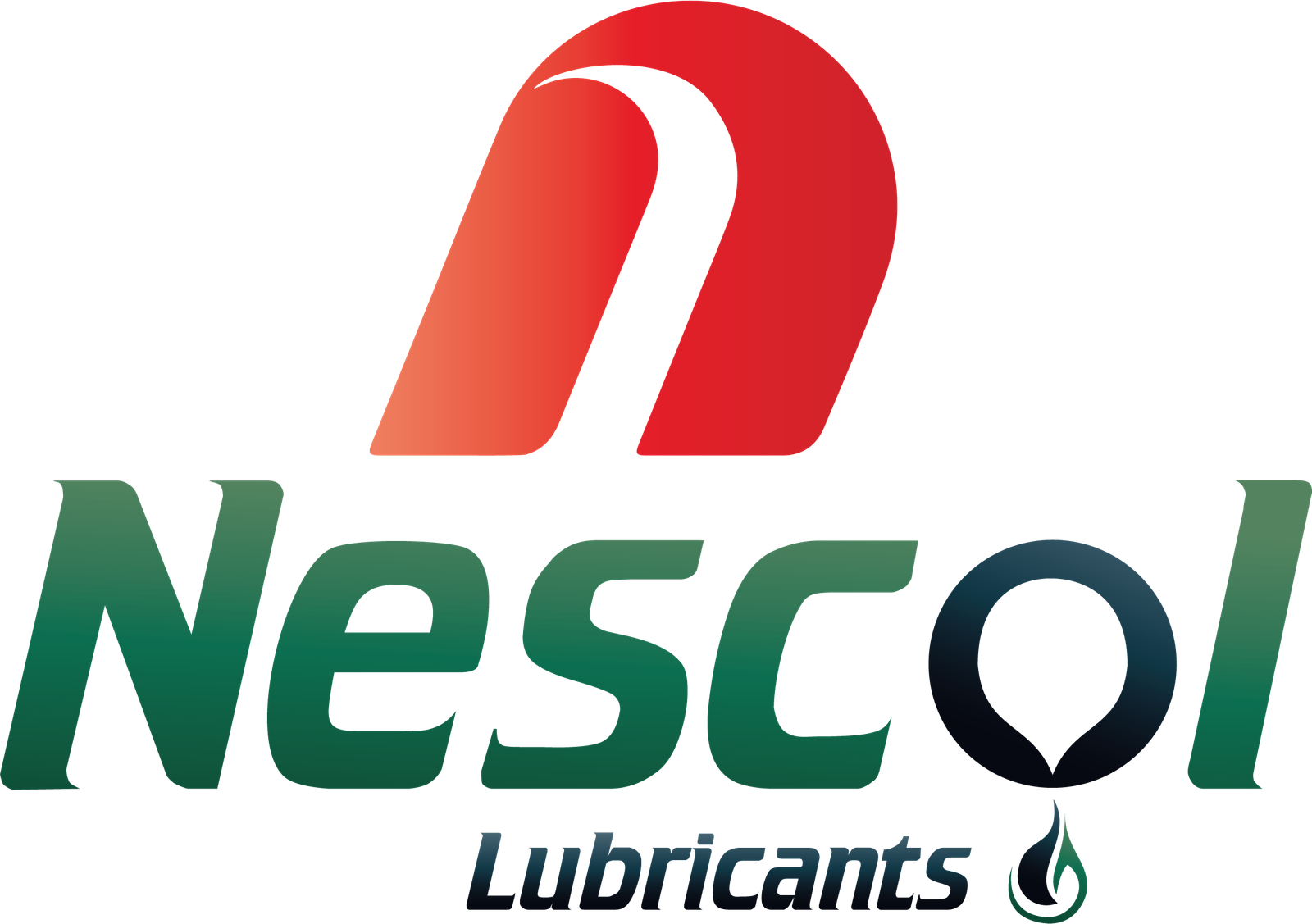Role of Toluene in the Petrochemical Industry
Toluene, on the other hand, plays a significant role in the petrochemical industry as well as due to its versatility and efficiency. It is, by far, drawn from crude oil and can primarily be referred to as an aromatic hydrocarbon. It happens to be a unique structure that enables it to be such a potent solvent and to dissolve any type of compound. In fact, this makes it necessary in the production of paints, adhesives, and varnishes. Besides being a precursor to benzene and xylene, that is key chemicals for the production of polymers and dyes, utility lies in elevating the quality of gasoline during fuel production. It could stabilize reactions and enable complex transformations with the aid of catalysts. Of course, toluene remains a hazardous chemical because of its volatility. Its use is strictly managed and regulated to minimize the risk of environmental hazards. At all events, toluene is a building block in the petrochemical industry through its solutions for various applications, and industrial growth is further promoted by it.
Key Applications of Toluene in Modern Petrochemicals
Toluene is a very versatile compound and has many uses in the contemporary petrochemical industry. It is mostly used as a feedstock that is used to manufacture benzene, which is highly important in manufacturing plastic and synthetic fibers. TDI, or toluene diisocyanate, is the second most important function of toluene because it is used to manufacture polyurethane foams. As an industrial solvent, toluene facilitates the dissolving of rubber, paints, coatings, and several others, and it would make manufacturing impossible without its presence. Another use of toluene is as a gasoline additive, which increases octane ratings and results in better fuel performance. Toluene is also used in the production of dyes and inks and pharmaceuticals. Since it can be converted into many chemicals, more companies are using toluene in their operations. The fact that toluene can serve as a substrate in several processes makes it a basic component of the petrochemical industry, which supports other sectors while pushing forward product development and productivity.
Toluene Petrochemical: Uses, Benefits, and Challenges
Toluene is employed widely as a petrochemical for numerous applications. The one main use of toluene is acting as a solvent for paints, toluene uses in industry adhesives, and coatings. Due to its great solvency power, the compound is able to dissolve wide ranges of materials, and it is thus a popular compound for those types of applications. Additionally, toluene is an inexpensive agent, thereby making it extremely popular in industrial applications. Whereas, toluene has certain disadvantages. Toluene is considered VOC, which may lead to air pollution. Toluene is dangerous and needs careful handling as it causes several health hazards if exposed for a more extended period. Despite these drawbacks, several advantages supersede it when dealt within controlled industrial environments. Toluene is also an important player in refining and manufacturing processes, and therefore, further study is oriented towards minimizing its harmful effects on the environment. Due to its significant involvement in the petrochemical industry, toluene’s importance somehow surmounts all the complexities it has.
How Toluene Supports Petrochemical Processes

Toluene is a solvent for which the petrochemical industry depends to undertake several process activities. Benzene and xylene are products that can be obtained by producing plastics and synthetic fibers, and they serve as the feedstock for it. Toluene works as a solvent with high dissolving power; it is used in dissolving and cleaning various materials for industrial use. As an octane booster in fuel blends, it helps advance fuel quality and performance. Toluene is also used in the synthesis of compounds because it stabilizes reactions; thus, it forms a demand for preparing complex compounds. Catalytic processes also require toluene in that it helps in effecting separation and purification of chemical mixtures. This makes toluene a fundamental part of the petrochemical sector. Toluene remains relevant today as a solvent driving industrial processes and efficiency in applications, given its ability to be versatile and efficient across a wide range of uses.
Toluene Production and Its Impact on the Petrochemical Sector
Toluene has a chemical connection to the petrochemical industry, in that it is generally recovered from crude oil refining and coal processing. Toluene is often a by-product of petroleum refining and may thus be widely used in the industrial sector. The availability of toluene coupled with it being very cheap makes it suitable for a vast number of chemical processes. The impact of toluene in the industry is significant especially in benzene and xylene manufacturing. Toluene is also used in gasoline blending, and it is used to improve fuel performance. However, there has been careful management in the process due to environmental challenges such as emission. The current refineries’ innovations have been aimed at higher yield production of toluene with minimal footprints. In doing that, toluene will continue to be one of the main resources for the petrochemical industry during growth and support applications across the board.
Environmental Considerations in Toluene Petrochemical Processing
Because it is a VOC, the petrochemical processing of toluene should involve environmental-friendly considerations. Unless contained and filtered properly, the release of toluene vapors leads to pollution of the air and contributes to damages both to the quality of air and the health of workers. Probably among other reasons, careful handling is also necessary because contamination of water from spills of toluene is also a concern. Regulations should establish best practices in storing, handling, and disposal of toluene in the industries to prevent leak and spill hazards. Catalytic reforming, for example, is optimized towards eliminating emission while conserving energy. Proper adherence to the environmental standards will help the industry adjust its use of toluene without diminishing its industrial advantages. Sustainable production safeguards that toluene remains a prolifically useful petrochemical but at the expense of ecological health.
Toluene vs. Other Aromatic Hydrocarbons: A Comparative Analysis
Toluene, with benzene and xylene, share the more complicated alike structures of the other aromatic hydrocarbons, but each presents inimitable differences that influence their industrial utilization. Toluene is slightly less toxic than benzene and, for this reason, safer as a solvent. Benzene is slightly stronger as a precursor in some particular polymers but are much riskier for health. Toluene, on the other hand, is moderately more widely used in paints, coatings, and adhesives of medium toxicity. In comparison to xylene, toluene is a more or less good compromise between solvent strength and safety. Xylene is too expensive to boil easily owing to its higher boiling point. Toluene offers a broad degree of versatility and can be used in a broader range of processes. This comparative analysis outlines the distinct role that toluene has in the processes of petrochemicals, demonstrating how it may offer a middle ground between safety and performance and cost-effectiveness.
Exploring the Versatility of Toluene in Petrochemical Applications
Toluene is a versatile aromatic chemical, which plays a key role in the petrochemical industry. Apart from being used as a solvent to dissolve industrial resins, rubbers, and other materials, it finds its application in forming a feedstock for compounds such as benzene and xylene, which are useful for manufacturing plastics, synthetic fibers, and resins. Toluene is used as an octane booster to blend gasoline. Its use has improved the quality of fuels. A considerable amount of toluene is used in the manufacturing of toluene diisocyanate (TDI), which is used in polyurethane foams as a crucial ingredient. Its flexibility in use has made toluene a chemical asset necessary for many applications. Extensive use of toluene reveals its crucial role in industrial processes supporting new innovation and making the process of production more viable.
Toluene Derivatives and Their Industrial Uses
Toluene derivative market is valuable both as the chemical itself as well as being used for the production of several derivatives. Toluene diisocyanate is such a derivative that is prepared from toluene and is an essential intermediate in the manufacture of flexible foams- upholstery mattresses, and automotive seats. Another derivative is benzoic acid prepared as a result of the oxidation of toluene. It finds applications in preservatives, dyes, and pharmaceuticals, while toluene can also be converted to benzyl chloride that has applications within the agrochemical industry. Trinitrotoluene, or TNT, is the nitrated derivative of toluene and finds use in explosives. Such derivatives expand the industrial use of toluene beyond its humble application as a mere solvent. The capability of converting toluene into special compounds underlies the development of specific industries-from agriculture to manufacturing-from the precursor potential of the molecule itself. Toluene’s role as a precursor makes it important in the process of petrochemicals.
The Future of Toluene in Sustainable Petrochemical Solutions
There are significant promises for toluene in the petrochemical industry, especially with the shift toward sustainability. Research is being undertaken to optimize toluene’s usage within the fuel blends in order to create better and more efficient formulas. Bio-based toluene development can decrease dependence on fossil fuels through the provision of renewable sources. Catalytic conversion of toluene is under advanced studies to optimize its transformation while reducing waste. An important player in biodegradable plastics and green coatings manufacture toward more sustainable futures, toluene’s future market performance will only increase in importance as vocs emission controls are tightened up even further. To the extent that responsibility for the environment must keep pace with a strong performance level to ensure that toluene becomes an indispensable part of the future petrochemical solution.
Final Thoughts
Toluene is used in the petrochemical industry because it has been applied in a versatile way from solvent application to fuel additives. Mainly, it is produced as part of crude oil refining and processing in the coal industry, and such production impacts the petrochemical sector. Toluene is readily available and inexpensive, hence it is the most sought-after reagent in the production of many chemicals such as benzene and xylene. However, the process requires careful handling in satisfying environmental requirements since it gives rise to VOC emissions and possibly water pollution. While toluene yield maximization is sought, improvements in refining during the industry update continuously updated the process of the chemical product with an ecological foot print footprint. Continuously forming an integral product that supports various industrial processes, toluene continues its role in the innovation of new products to date. If toluene’s industrial advantages are balanced, it will continue to be relevant in the new petrochemical solution landscape. The prospects of producing toluene in the future look bright as the industry is inclined toward more efficient and greener technologies.

